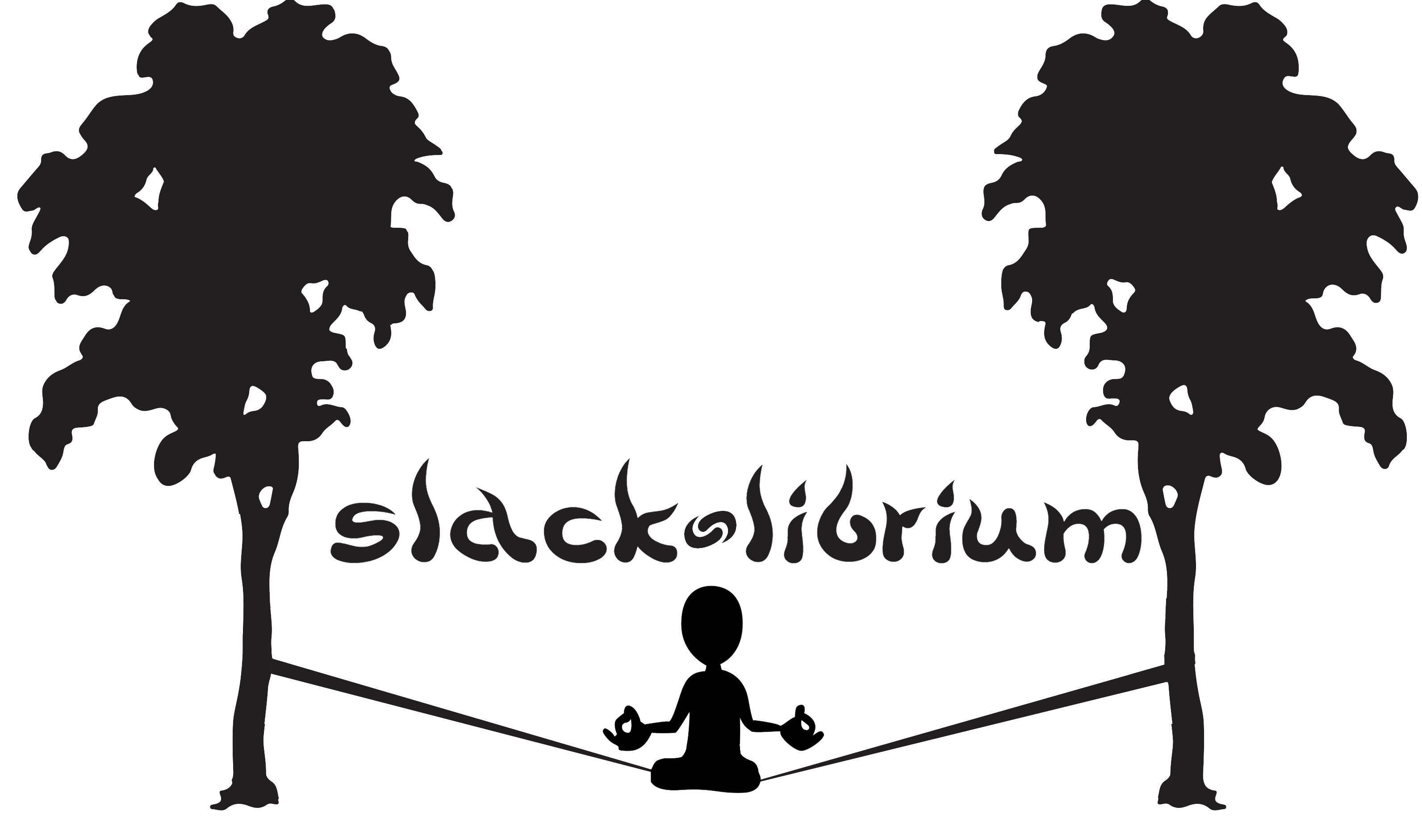Proprioception can be defined as “the awareness of body orientation and positioning.” Despite it being a big word that isn’t used often in conversation, all of us participate in proprioception on a daily basis as it allows us to perform simple tasks such as walking without looking at our feet. Working memory is a cognitive ability that allows us to process and recall information in the short term. For example, if your friend tells you the door code to get into their apartment, working memory is what helps you remember that code while you drive over to their house.
Both proprioception and working memory are essential cognitive functions that are essential to us in our everyday lives. While the two might not seem immediately related, research published by a Psychology professor at the University of North Florida showed impressive 50% improvements in working memory after just 2 hours of training in “proprioceptively dynamic activities.”
In the pilot study, published in the Journal Perceptual and Motor Skills, researchers designed an experiment to investigate the effects of proprioception on working memory by creating a training program involving four primary areas: balance, awareness of the relative position of body parts/joints, locomotive awareness, and awareness of the strength of effort required to complete tasks. A training group was given working memory assessments before participating in the proprioceptive training and then again after completing a 2-hour training. Two additional control groups participated in the experiment – one which was seated in a classroom lecture for 2 hours and another that participated in an intermediate level yoga class for 1 hour.
Results showed huge improvements in working memory for the proprioceptive training group compared to the two control groups, suggesting that this unique type of balance training has the ability to yield real cognitive benefits. You can read the full study for yourself here. Although this research didn’t look directly at slacklining as a form of proprioceptive training, at least one of the authors of the study believes there is a good chance that slacklining would “yield similar working memory benefits.” You can read her article about slacklining in Psychology Today here.
